__________________________________________________________________________________________
Xinhua Headlines: Two years on, Afghanistan still beset with U.S.-inflicted war traumas
Source: Xinhua
Editor: huaxia
2023-08-30 23:12:32
* The 20-year occupation of Afghanistan by the United States is still claiming Afghan lives and upending livelihoods.
* The U.S. invasion and occupation have created a "blackhole" in Afghanistan's economy by sucking up a lot of wealth that now remains unaccounted for.
The longest war in U.S. history ended with a dismal withdrawal after the last military transport plane took off from the Kabul International Airport on Aug. 30, 2021.
With military expansion and coercive financial ploy, Washington trampled Afghanistan's land and wrecked its economy, not least by plundering the wealth of the Afghan people and ensnaring the nation in a cycle of stagnation and decline.

This photo taken on Feb. 8, 2023 shows residents in a cave-turned shelter next to the Buddha site in central Afghanistan's Bamyan province. (Photo by Saifurahman Safi/Xinhua)
More than 174,000 people died directly in the war in Afghanistan, according to a report of the Brown University. What's more, the 20-year occupation of Afghanistan by the United States is still claiming Afghan lives and upending livelihoods.
- Large areas of land where Afghans used to farm are now useless, as countless ordnance, including the bomblets of notorious cluster bombs, were left under the soil by the U.S. troops, who never had any intention of clearing them.
- The "humanitarian aid" the White House bragged about has also turned out to be nothing but propaganda.
- The UXO have killed and injured tens of thousands of Afghans, especially children, as they travel and go about their daily chores, according to a report from the "Costs of War" project under the Brown University.
"He (The third son) found a mine. It might be a mortar mine, and he played with it. He was a child and didn't know what that was, but the object exploded and badly injured his belly," said Rahim, a resident of Rigretion village in Farah Rod district, Farah Province.
- The left-over mines have been killing people nearly every day, said Sadiq Shinwari, an Afghan military expert.
The withdrawal of U.S. forces from Afghanistan had "serious consequences" for the viability of the U.S.-backed Afghan government, reported Qatar-based Al Jazeera in July, citing an internal review from the U.S. State Department.
"During both administrations (U.S. President Joe Biden and his predecessor Donald Trump), there was insufficient senior-level consideration of worst-case scenarios," the review read.
- During the withdrawal of the U.S. troops in late August 2021, a suicide bombing orchestrated by the Afghan branch of the terrorist organization Islamic State resulted in the loss of at least 175 lives, including 13 U.S. service members.

This photo taken on July 15, 2023 shows a view of Qala-e-Shatir village, where the U.S. forces dropped cluster bombs in 2001, in Herat City of west Afghanistan's Herat province. (Photo by Mashal/Xinhua)
The U.S. invasion and occupation have created a "blackhole" in Afghanistan's economy by sucking up a lot of wealth that now remains unaccounted for.
- According to the latest United Nations Strategic Framework for Afghanistan released in early July, Afghanistan's economy contracted by about 30 percent between 2020 and 2022. There are 24.4 million Afghan people in need of humanitarian assistance, and a staggering nine out of 10 people live in poverty.
Sadiq Shinwari, an Afghan military expert, told Xinhua that unexploded bombs have led to grave consequences for Afghanistan's agriculture, on which the landlocked country's economy is mainly dependent.
- An electricity-generating facility, including several rows of diesel storage tanks, in the southern city of Kandahar has been abandoned and is no longer in use. Some roads the United States had built were bombarded beyond recognition by the U.S. troops.
"We did not go to Afghanistan to nation-build. And it's the right and the responsibility of the Afghan people alone to decide their future and how they want to run their country," U.S. President Joe Biden said in a briefing on the U.S. army's withdrawal from Afghanistan in July 2021.
The dire situation worsened following the Biden administration's decision to freeze some 7 billion U.S. dollars' worth of assets of Afghanistan's central bank.
The truth is that weaponizing the dollar has resulted in rising prices, less imports of living necessities, and a paralyzed financial system in Afghanistan.

A man shows the damage of a house destroyed by bombs dropped by U.S. forces in Hesarak District of Nangarhar Province, Afghanistan, July 30, 2023. (Photo by Aimal Zahir/Xinhua)
The White House decided in February last year to use the Afghan central bank's frozen assets to compensate the families of victims of the 9/11 attacks. Biden issued a decree, allocating 3.5 billion dollars of the frozen sum to the use of compensation.
The decision has been widely condemned in Afghanistan. Afghan citizens are not able to withdraw money from the banks or afford escalating prices brought about by sanctions.
- More than 22 million out of its 35 million population, according to aid agencies' reports, are facing acute food shortage and Afghanistan would face humanitarian catastrophe if not assisted.
The brutal sanctions have hindered foreign direct investment and imports, and the Afghan health system has been crumbling due to less medicine and international aid.
Aqa Mohammad Shirzad, head of the malnutrition ward of the Kabul-based Indira Ghandi Institute of Child Health, told Xinhua that before the sanctions, the hospital used to admit around 600 malnourished children every year.
- Since the sanctions took effect, that number has doubled.
- Aid agencies have predicted that a record 28.3 million people, around two-thirds of the country's population, will need humanitarian assistance in 2023, with 6 million of them already perilously close to famine.
Martin Schuepp, director of operations of the ICRC, told Xinhua in November last year that the U.S.-initiated sanctions imposed on the Taliban-run establishment in Afghanistan have undermined vital humanitarian aid supply to the struggling country.
"When people in Bamyan are in dire need of support, the sanctions have added to the pain of people, undermined supplying humanitarian assistance," said Mawlawi Shakir Tahir, director of provincial Natural Disaster Management and Humanitarian Affairs.
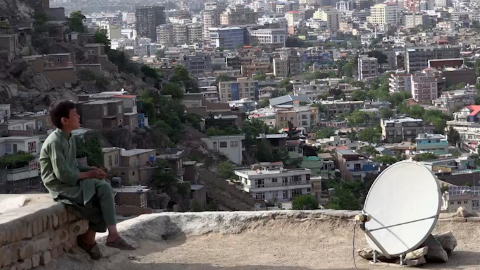
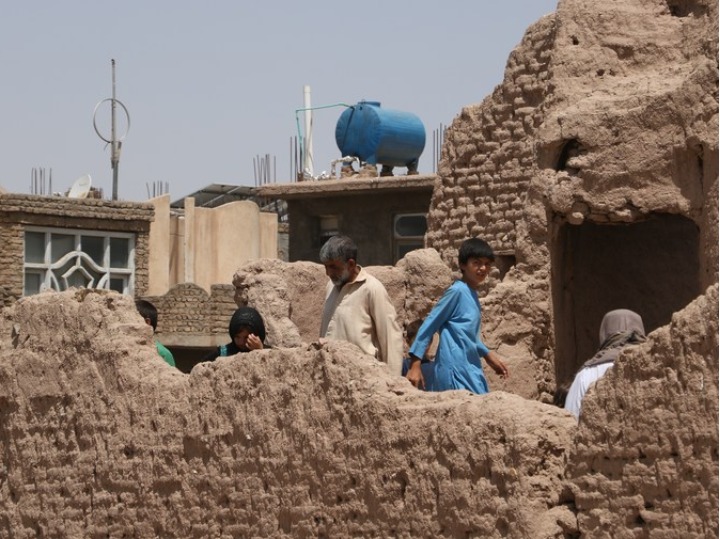
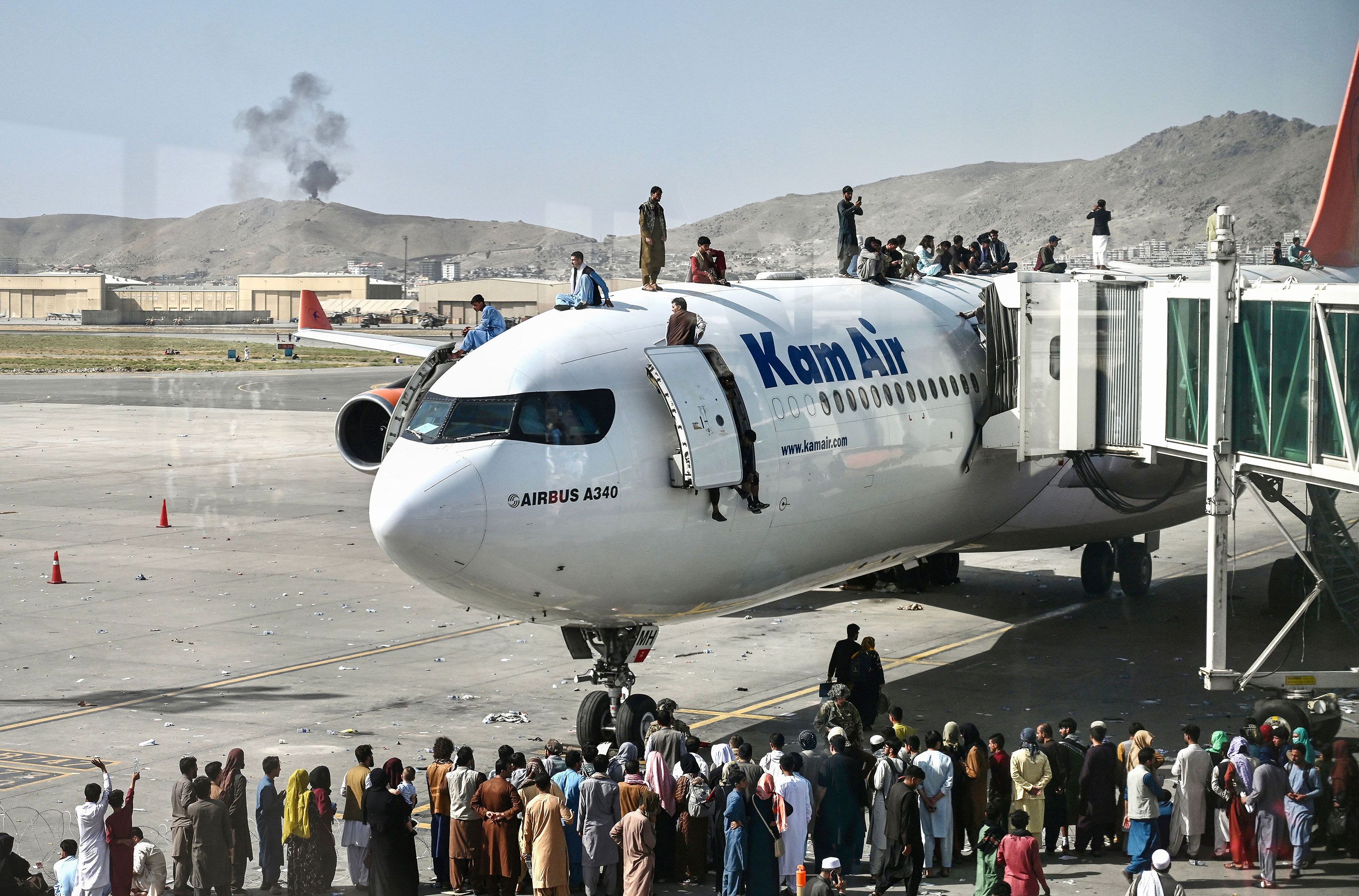
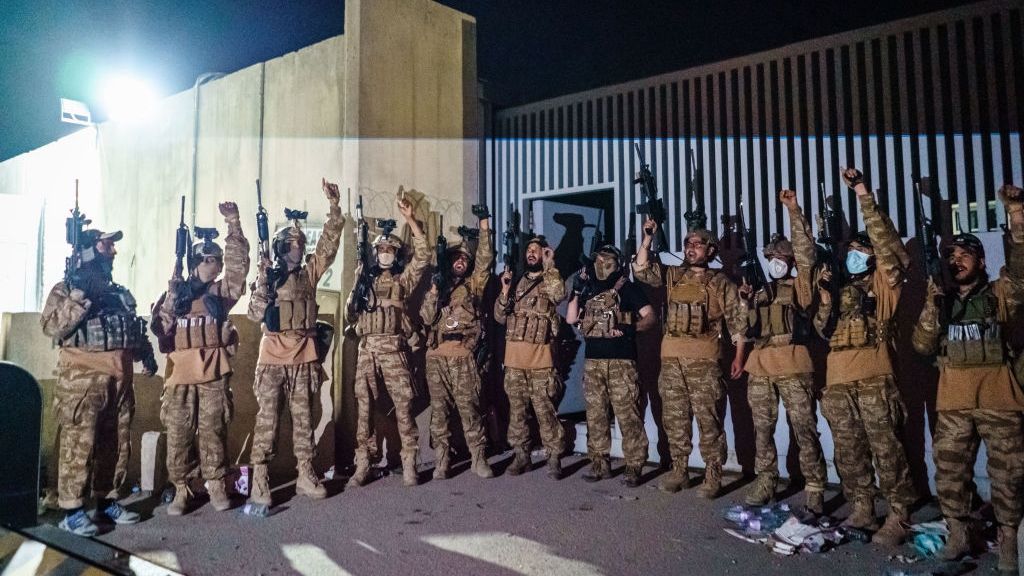
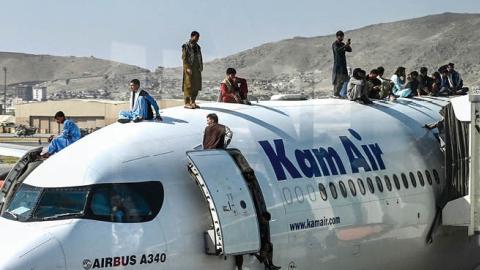


No comments:
Post a Comment